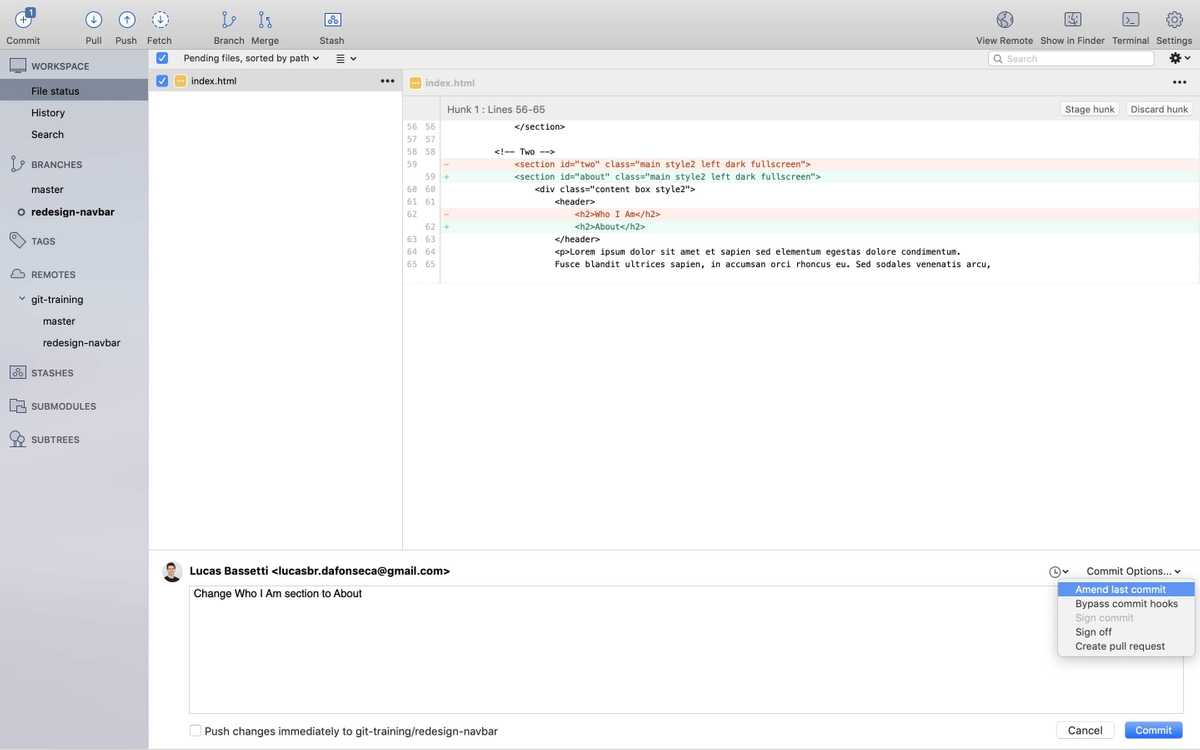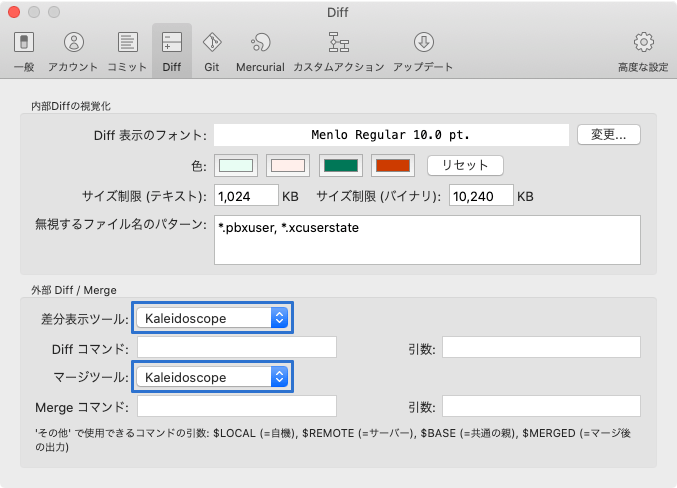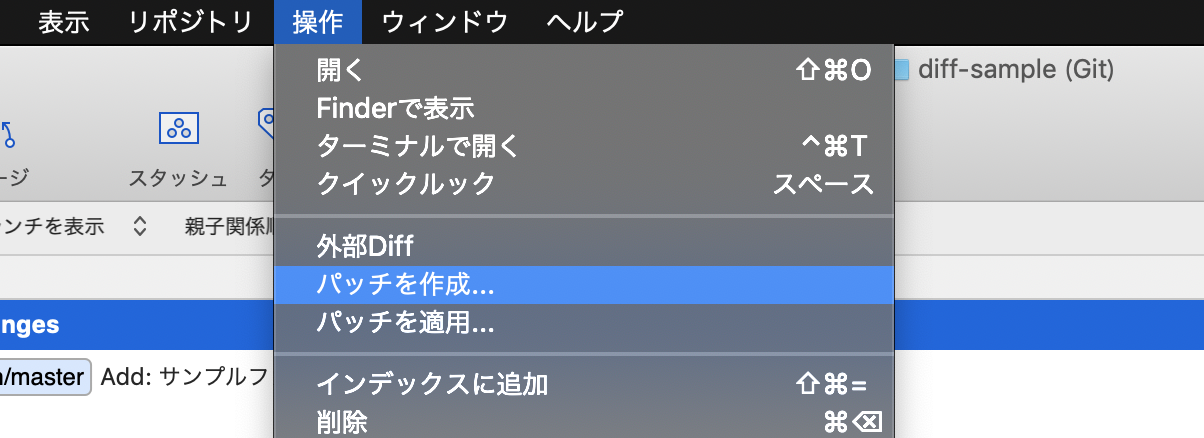

#3 This section lists down all the tags available in this particular repository. If a branch is ahead or behind of its remote counterpart, a small notification will show right beside the branch.Users can choose to display all the branches or just the current checked out branch in the graph log by selecting All Branches or Current Branch in the drop-down list.Clicking on any of the branch will cause SourceTree navigate to the branch's latest commit the graph log.#2 This section lists down all the branches available in this particular repository. #1 Clicking on File Status > Working Copy button will lead you to the File Status view. List and explanation according to the screenshot above: Or, users can just click any random Branches, Tags, Remotes (labelled "2", "3", and "4" below) - Works on both OS. Users can also alternatively press Command+2, or navigate it through View > Log View.Users can navigate to the log/history window by clicking the Clock-shaped icon button at the top-left section.Users can also alternatively press CTRL+2, or navigate it through View > Log View.Users can navigate to the log/history window through the Log/History tab way below.

Now if you, like me, like Visual Studio’s merge tool then you’re literally 5 minutes away from linking it to SourceTree.

To disable it open a command line and enter git config -global mergetool.keepBackup false orig files which you need to manually delete. By default, when merging, Git will create backup files, so after merge you will be left with.The //m flag denotes it is a merge in contrast to diff. For Merge Tool set Arguments to "$LOCAL" "$REMOTE" "$BASE" "$MERGED" //m.The //t flag will open the diff in a temporary tab instead of a persisted tab. Source and Target are just labels Visual Studio will use for the files. Note they are enclosed in quote marks, so that spaces in file paths won’t break the command. Variables, prefixed with $, are specifying file paths.

#Sourcetree diff update#
His post is specifically for Visual Studio 2012 but for later versions all you need to do is update the path to the vsDiffMerge.exe application. Now, as you’ll know if you’re a SourceTree user, Visual Studio isn’t listed as an out of the box companion of SourceTree which disappointed me, and I just didn’t like the OpenSource options that were available to me so I Googled and I found a fantastic Visual Studio integration post here: .


 0 kommentar(er)
0 kommentar(er)
